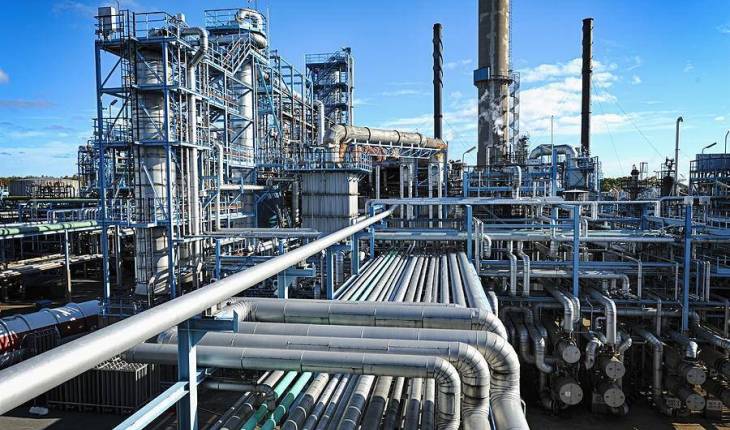- Nigeria’s Refineries More of Liabilities than Assets
An energy expert, Mr. Dan Kunle has said that Nigeria’s three refineries in Port Harcourt, Kaduna and Warri are more of liabilities than assets, thus questioning the government’s continued insistence on holding on to them.
Kunle, who spoke on the background of recent debates generated from suggestions by Aliko Dangote and some others that the federal government should consider selling its stakes in some national assets to raise money to reflate the country’s economy, said that the three refineries have remained unprofitable and drainpipes on the country’s finances.
He explained that a continued politicisation of the sale of the refineries was not in the interest of the country, adding that their values would continue to decline for as long as they are left operating below par.
According to Kunle, “The more you politicise the privatisation of the three or four refineries, the more those refineries are technically going obsolete and into decadence that no credible investor will come near them anymore.”
“In fact, they become worthless because they have become technically insolvent. When you have assets that have become technically insolvent, it means, if you want to buy it you are buying liability because all the equipment you are supposed to produce with are obsolete.
“They have decayed, corrosion has taken place. That means you are going to invest money in building a new refinery. So, why will an investor come and take such a technically liable refinery,” Kunle added.
He said beyond the technical insolvency, the refineries are also socially insolvent, insisting that any investor who takes them up will have loads of labour and social issues to deal with.
“The labour problem you are going to have in the refineries, unless government insulates you away from all these labour issues, and take away all the staff and pay them. These social problems include the community you are going to interface with, because you need their social license to operate there,” he added.
Speaking then on the debate about the suggestions made by Dangote, he said: “All these noise that people are making, if you get down to the details, you will see that there is no refinery selling. They are all technically insolvent.
“Take the case of NITEL, there was no equipment there. The buyer of NITEL only bought the spectrum more or less and may be some old buildings that were harbouring those base stations.”
“When Nigerians are sentimentally attached to all these things, I sympathise with them because of one reason – they feel they have been short-changed. There are certain things that must be explained in the right perspective to the people but we mix up things, we jaundice information,” he said.
“If the labour wakes up and say don’t sell our patrimony, your children and everybody is going into more deficit by keeping that asset. We could not run Nigerian Airways. Government in this part of the world and anywhere in the world is not meant to run businesses.
“Aliko Dangote is building a refinery that is going to produce near sufficiency of petroleum products to the market. Anybody who decides to buy the three existing refineries will have to invest money to upgrade the refineries to a standard that can produce up to 70 and 80 per cent of installed capacity.”

 Naira3 weeks ago
Naira3 weeks ago
 News4 weeks ago
News4 weeks ago
 Naira4 weeks ago
Naira4 weeks ago
 Jobs3 weeks ago
Jobs3 weeks ago
 Naira3 weeks ago
Naira3 weeks ago
 Travel3 weeks ago
Travel3 weeks ago
 Naira3 weeks ago
Naira3 weeks ago
 Investment4 weeks ago
Investment4 weeks ago






























